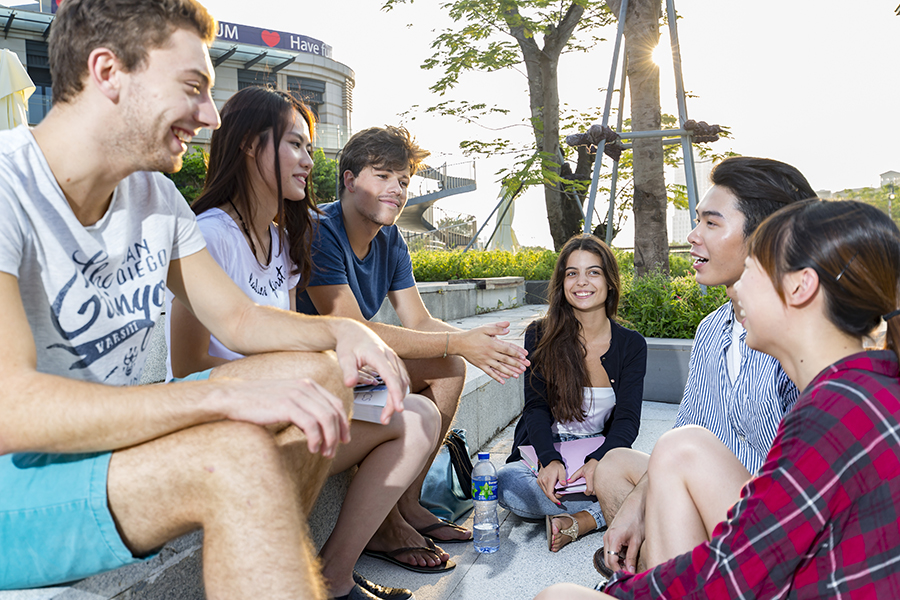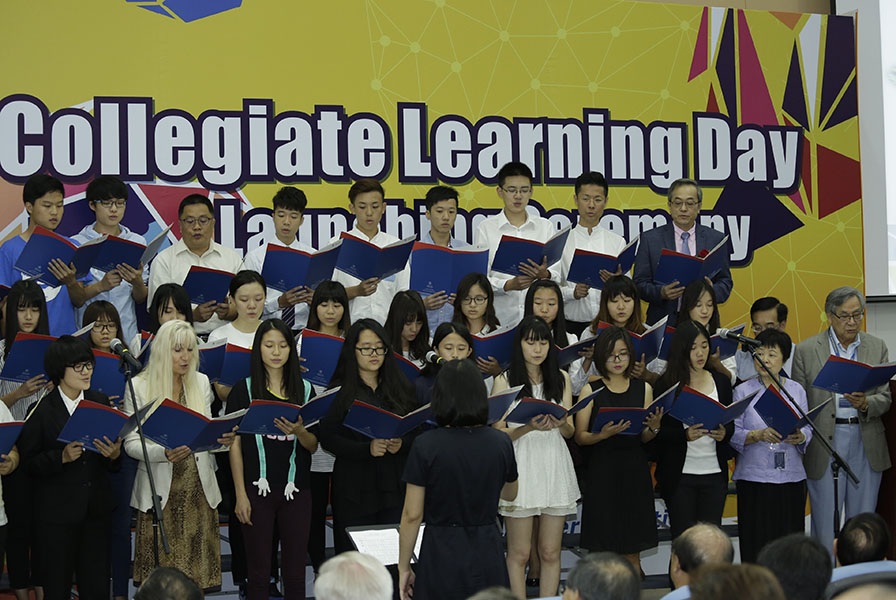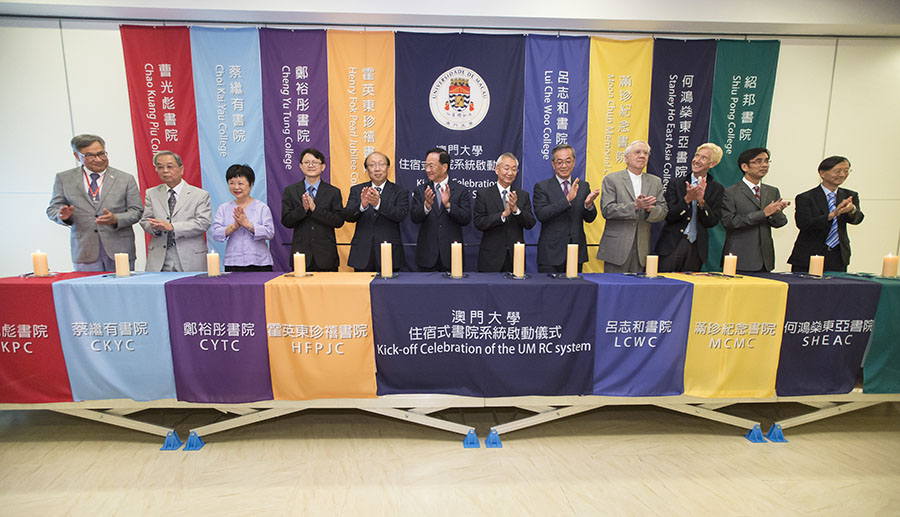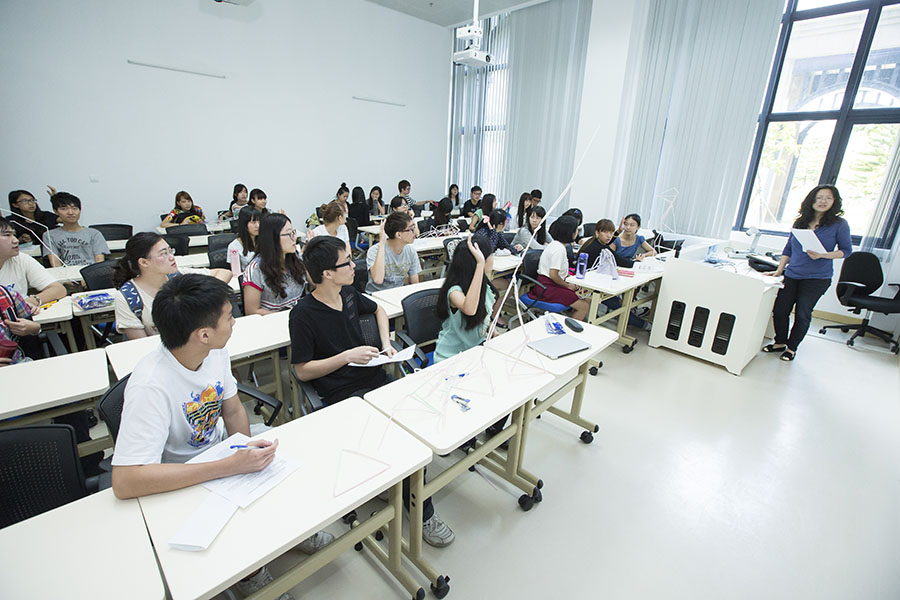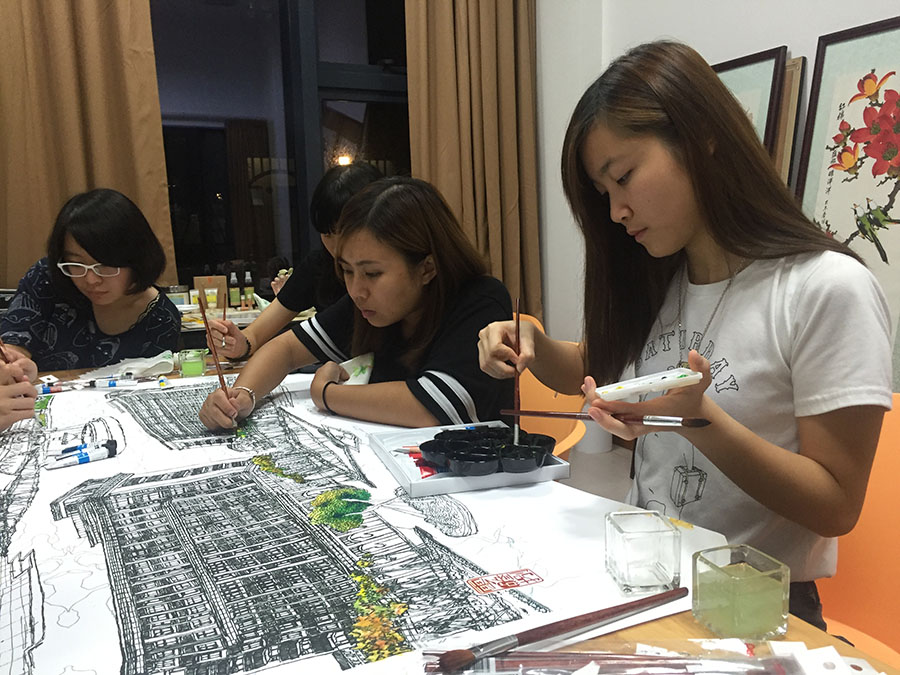UM has implemented a ‘4-in-1’ model for undergraduate education. This model has four components, namely Discipline-specific Education, General Education, Research and Internship Education, and Community and Peer Education. As an important vehicle for community and peer education, the Residential Colleges (RC) have developed a set of competency indices and an evaluation and assessment system to ensure that all students achieve educational objectives by the time they graduate. A core educational objective of the RCs is to help students develop competencies in five areas, namely Healthy Living, Interpersonal Relation and Teamwork, Leadership and Service, Cultural Engagement, and Citizenship with a Global Perspective. This is accomplished in part through experiential learning outside the classroom, which is made possible by systematic planning of all courses, programmes, and activities. This curriculum-based approach helps students develop soft skills outside their chosen fields of study.
The Changing Landscape of Higher Education
Near the end of the 20th century, the global higher education landscape experienced major changes in terms of the objectives and nature of education, which has affected teachers and students, as well as teaching content, methods, and tools. Recent developments in global higher education include the movement from elite higher education to mass higher education, an increasing emphasis on learning outcomes, increasing diversity in teacher and student body, increasing competition and increasing mobility of teachers and students across national boundaries, increasing diversity of educational resources, increasing use of technology, and increasing public demand for accountability. Employers’ requirements and expectations regarding university graduates are also undergoing constant changes. A recent survey of employers in various industries shows that among the most sought-after qualities of university graduates in the 21st century are a multidisciplinary background, a horizontal structure in the learning content, the ability to pursue self-directed professional development, possession of both necessary skills and the appropriate attitude, preparedness for multiple careers in a lifetime, and readiness for team collaboration.
In view of these new changes, the increasing diversity of resources and target audience of education, and the declining birth rate and movement from elite to universal higher education worldwide, it is imperative that higher education professionals keep pace with the changes and reform current teaching models and content so as to produce graduates who meet the needs of today’s society.Unique ‘4-in-1’ Model of Education
Experiential Learning
Following a careful study of the successful examples of renowned universities, including the University of Cambridge, University of Oxford, Harvard University, Yale University, Princeton University, and the Chinese University of Hong Kong, in the 2014/2015 academic year, UM began to implement an RC system tailor-made to its unique situation, and eight RCs became operational at the same time. The founding masters of the eight RCs are distinguished individuals with outstanding academic achievements, rich managerial experience, and a passion for education.The RCs provide undergraduates with experiential collegiate learning, or ‘learning by doing’, through a curriculum-based approach. This learning model allows students to put knowledge into practice, thereby developing soft skills. As mentioned above, the RCs have a set of competency indices and an evaluation and assessment system to ensure that students meet the requirements for community and peer education upon graduation.
Requirements at Three Levels
A complement to the faculty-based system, the RC system serves as an important instrument by which to realize a multifaceted education and facilitate students’ personal growth. Each undergraduate is assigned to an RC, with accommodation in the RCs compulsory for all first-year undergraduates and optional for other students. All students, regardless of whether they live in an RC, must fulfil the annual academic requirements of their respective RCs.
RC students need to meet requirements at three levels before they can graduate—that is, the university’s general requirement for RC education, the specific requirements of individual RCs, and the students’ personal development goals.
Assessment and Evaluation
Three kinds of assessment – namely self-assessment, peer assessment, and teachers’ assessment, serve to evaluate how well students fulfil the requirements of the ‘4-in-1’ model of education in general, and the requirements of community and peer education in particular. These three kinds of assessment are conducted on an ongoing basis throughout the students’ four years in the RCs, to make sure they meet requirements on the three levels mentioned above.
Items covered in the assessment include the number of activities in which the student has participated, the level of participation, reflection/action after participation, surveys, effectiveness of self-driven professional development, and group programmes. This experiential learning model provides students with constant guidance and feedback, thereby ensuring continuous progress. Grades received in the process of assessment shows recognition of the students’ academic progress and personal growth.
Conclusion
Today we live in a global environment where opportunities for higher education are no longer restricted to elites, and graduates face fierce competition on the job market. In an age that demands well-rounded people, hard skills acquired from discipline-specific education and soft skills acquired from liberal arts education are like two legs that are indispensable for balanced movement—the absence of either is likely to prevent young people from achieving their full potential. With this in mind, UM was the first university in Asia to implement a complete RC system. This RC system, combined with a curriculum-based experiential learning model, a set of competency indices, and an evaluation system, allows the university to effectively carry out community and peer education, which is an important part of the ‘4-in-1’ education model.
Striving for excellence in both teaching and research, UM is committed to producing well-rounded graduates who can meet the challenges of the 21st century.
(Residential College Series – Part 3) Residential Colleges—Where We Learn and Grow
(Residential College Series – Part 4) Service Learning: A Required Course for University Students

